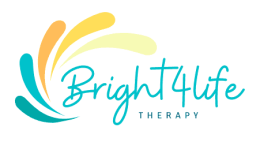Muslim counselling
Do you feel alone in your own struggles, even if you have family around you? Perhaps you want to practice your Deen, but feel so detached due to anxiety or depression, you don’t know how to. This is a common issue and you are not alone. Reach out now for help!
If so, then know that many of my clients felt the same as you. However, starting therapy gave them an unexpected sense of relief and peace. Allah (SWT) reminds us: “Indeed, Allah does not change the condition of a people, until they change what is inside themselves” Qur’an (13:11)
Take the first step, at an affordable rate, without feeling you have to suffer in silence. The heart is not meant to feel ‘dis-ease’, it longs to be purified, it wants to re-connect to its Lord.
People work very hard to cut themselves off from their hearts and the natural feelings found there, the pressures to do this are very strong in our modern culture
Purification of the Heart by Hamza Yusuf (p5. 2004)
As a British revert of 16 years, and a practicing Muslim myself, I offer a bespoke, Islamic counselling service that is compassionate and non-judgmental allowing for a safe, integrated Islamic dialogue alongside conventional therapeutic counselling.
What do I offer?
What are the benefits?
Muslimah coaching service
Whether you are a revert/convert or born Muslimah, this service is designed for the sister in mind. Offered as individual sessions for 30 minutes or 1 hour, or as an additional session that complements your counselling journey. Some clients require a more productive approach and this option considers their lifestyle, goals and aspirations in a practical way. If you are interested in this service, please mention this during your 25-minute consultation and a bespoke package can be arranged to suit all your needs.
More information is also available under the Frequently Asked Questions section below.
Take your first step in counselling
Healing from Abuse Related Trauma
Healing from Domestic Abuse can take time and multiple counselling sessions

